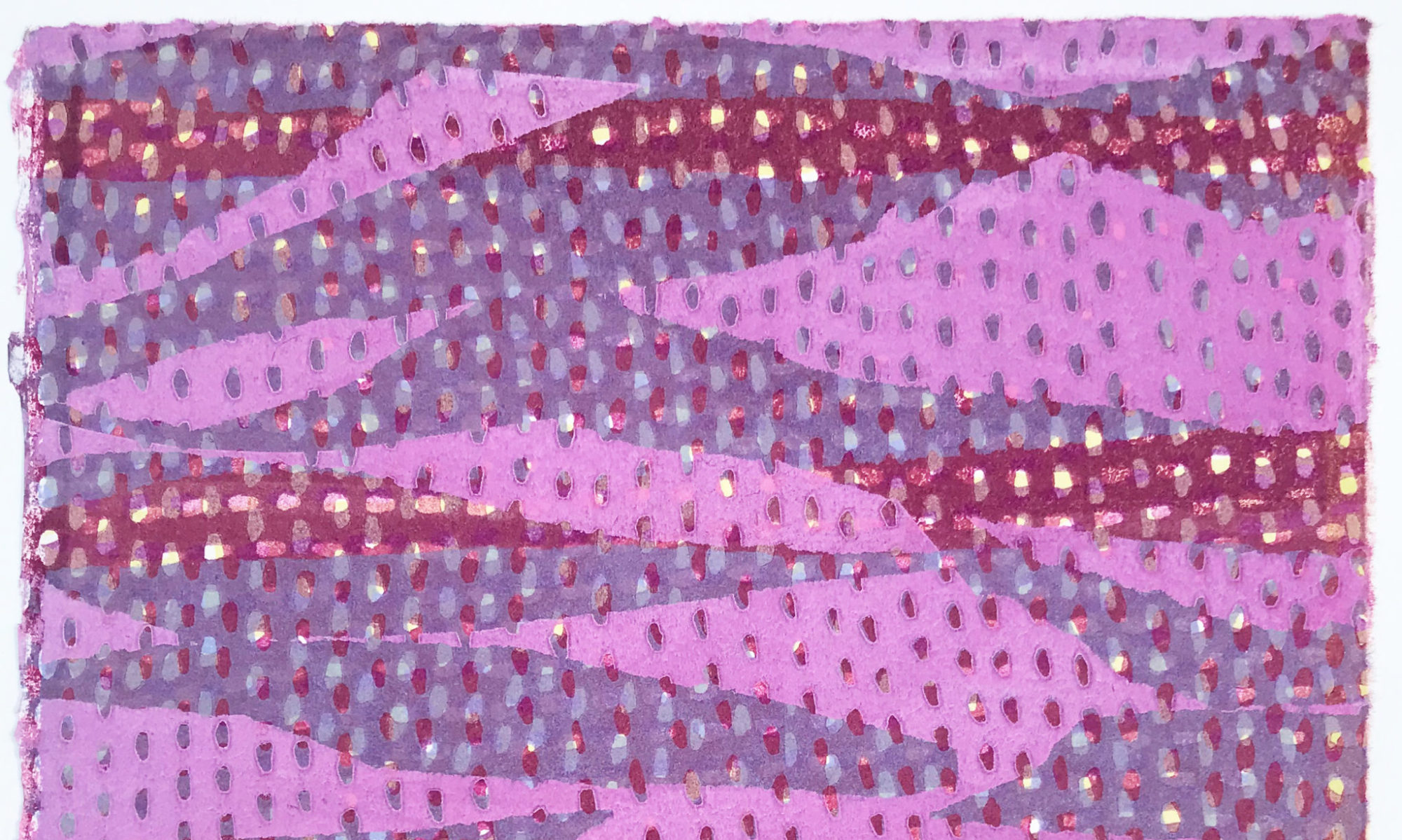Edu Comelles, Línia / Pedra / Paisatge / Solc
(White Label, 2020)
16-minute soundscapes drawn from environmental field recordings are not my usual center of gravity musically, but Edu Comelles’ two-track release Línia / Pedra / Paisatge / Solc managed to grab my attention. “Línia / Pedra” means “line” and “stone” in Catalan, while “Paisatge / Solc” means “landscape” and “groove.” The pieces — each 16 minutes long — are inspired by the skyline looking out from the ruins of a castle in the village of Culla in northeastern Spain.
According to Comelles, aside from an overdubbed double bass, sound sources for the recording include only found sounds and voices — an impressive feat, given that much of the recording sounds like it’s been generated by keyboard. Of course, the found sounds have been processed electronically — but even so, the musicality of the sounds is remarkable given their non-instrumental origins.
“Línia / Pedra” is absolutely beautiful — a meditative, drone-like piece with an underlying pulse that’s punctuated by subtle crackles. For much of its 16 minutes, “Línia / Pedra” is propelled by variations on a single pitch, with drone-like, ghostly vocals providing an atmosphere of mystery, but — quite deliberately — not a melody. Beginning with vocals, the piece eventually adds haunting, fractured strings, as well found sounds, including what could be a rolling marble and tossed rocks.
“Paisatge / Solc” veers less toward drone and more toward ambient. There are a few clearly recognizable sounds — the buzz of an insect, the sound of wind, a processed voice — but for the most part, you’re left to just listen and take in the mystery.
What draws me into Comelles’ sound world is its richness, its movement and its indecipherable origins. The music flutters, drifts, crackles and floats. By the time the clear melody of a double bass enters at the 10:27 mark of “Paisatge / Solc,” Comelles has established such a full sound world — without instruments — that the entrance of a clear melodic line is almost superfluous. And sure enough, after the bass melody drifts along for a short while with the river of ambience that surrounds it, it recedes. “Paisatge / Solc” is amorphous in shape, and in no hurry to arrive at a destination, but it delivers a rich experience along the way.
The Spot on the Hill blog is about discovery and exploration — discovering new music and exploring the origins and key elements of music I already love. In Now Listening, I explore music that has captured my imagination, both past and present.
